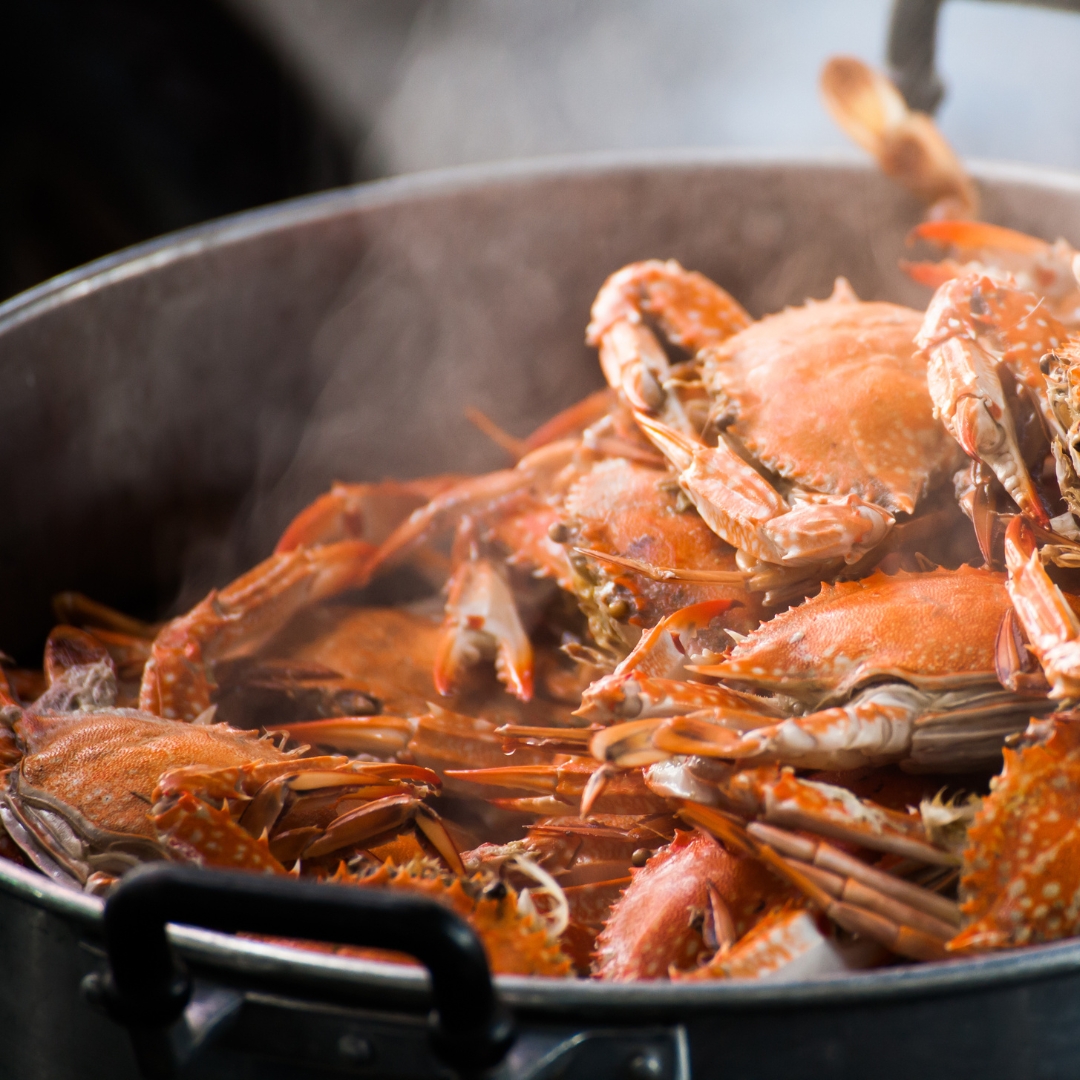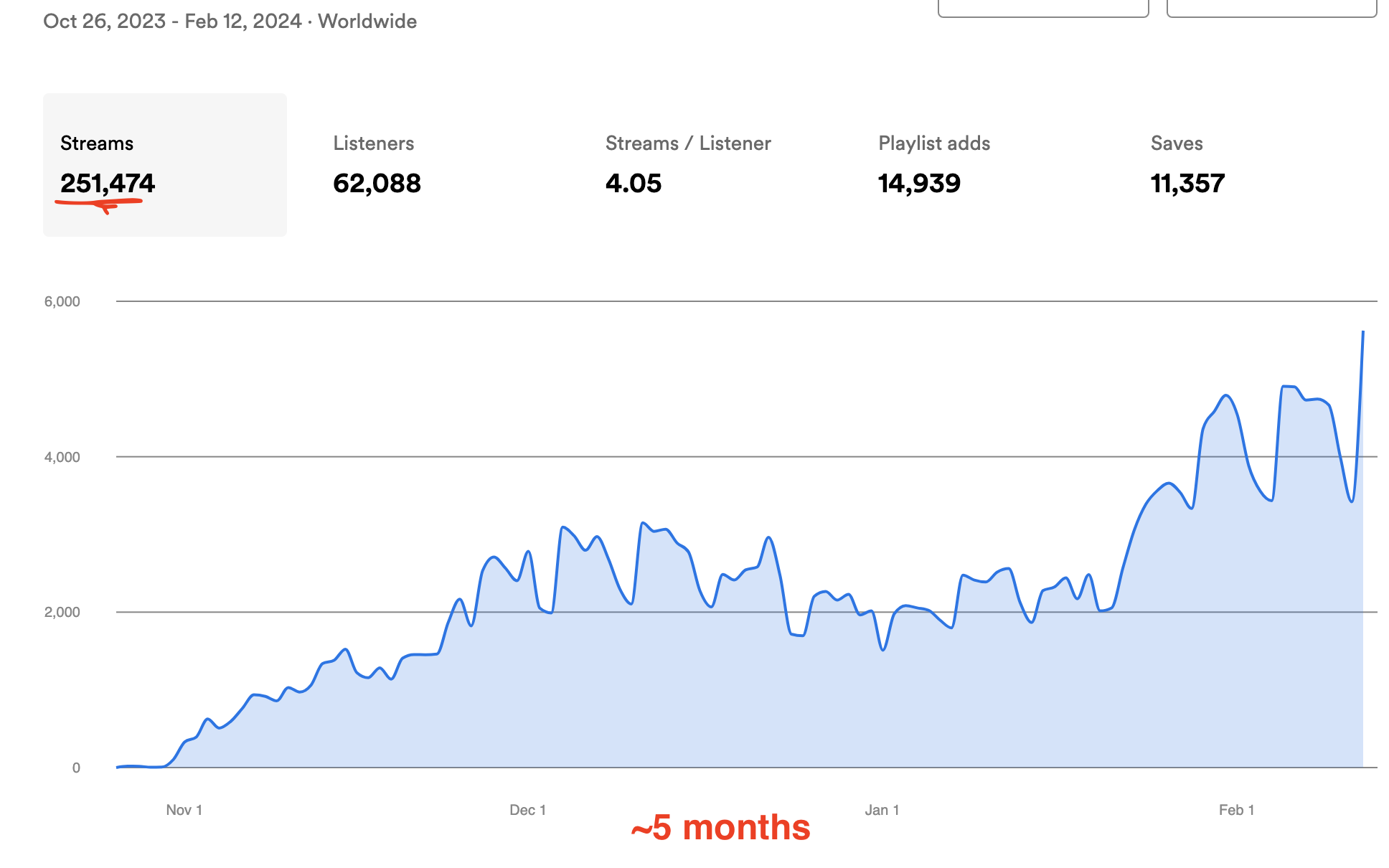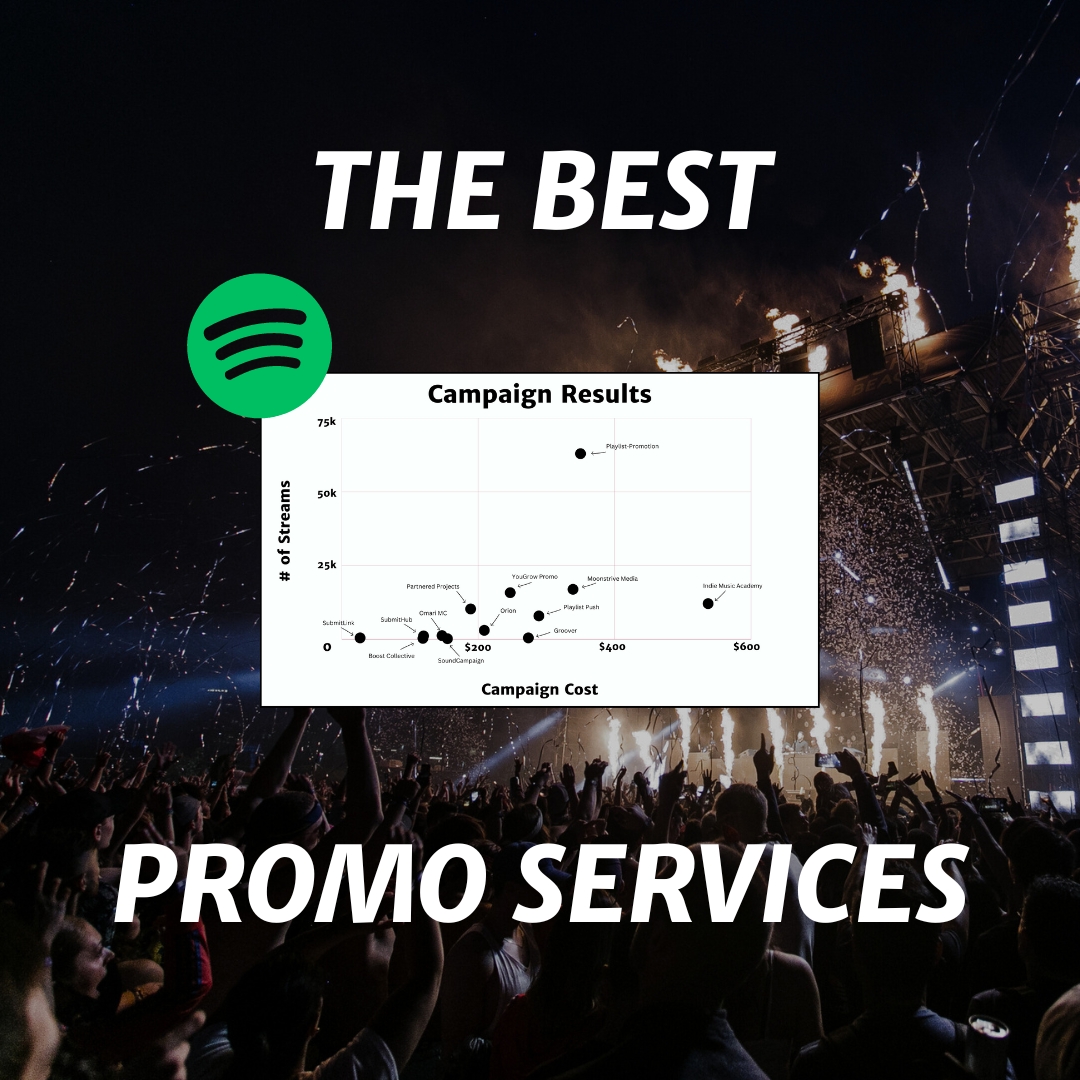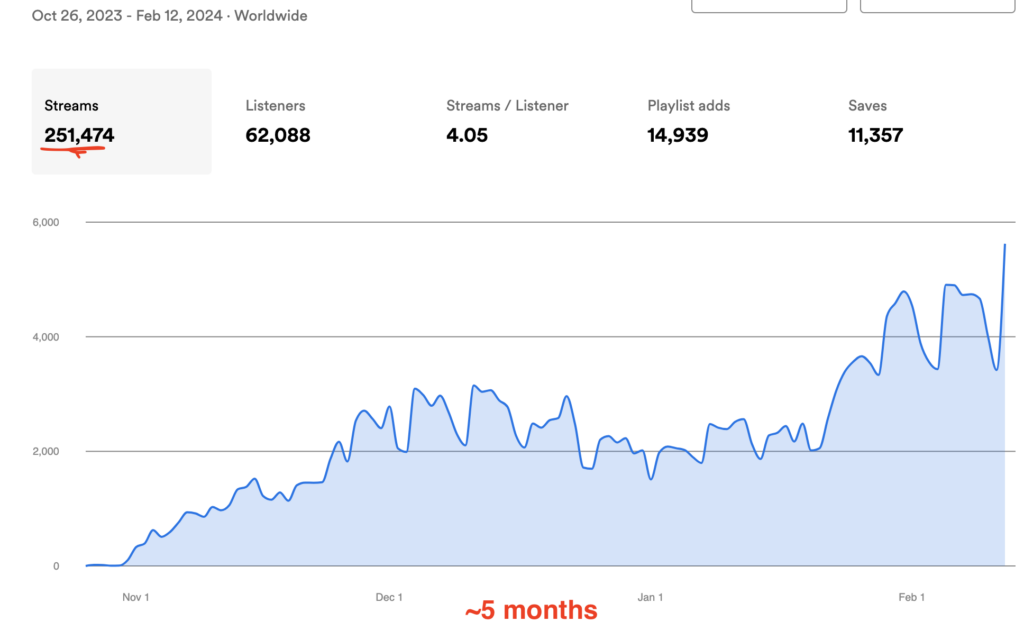Here’s a fun way to start a post…
Ever heard of carcinization?
(You didn’t see that one coming, did you?)
In case you haven’t, here’s the quick definition: Carcinization is the tendency of multiple species to evolve into crab-like lifeforms. Fun! Because this, apparently, is what peak evolutionary performance looks like:
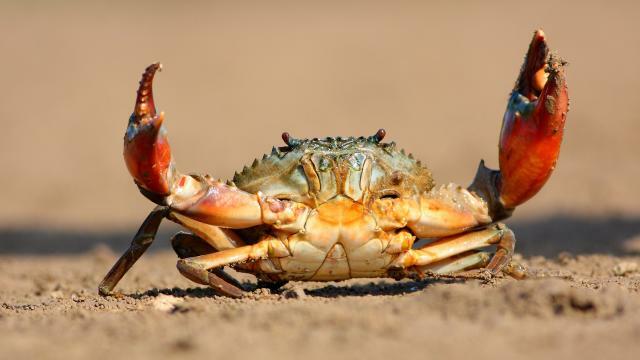
Anyway, I stumbled across this idea somewhere last week, and I’m writing a random post about it because for the past several days I haven’t been able to get it out of my head. It keeps popping to mind at random times, usually accompanied by a vague sense of existential dread.
Don’t get me wrong. I’m not worried about turning into a crab, myself. Well, I’m not that worried.
But I am worried that the systems we’re swimming in as creators / humans aren’t conducive to the creation of diversity – that they’re incentivizing us all to turn into, for lack of a better word, crabs.
It’s not music-industry specific, but here’s an example I’ve personally seen happen like 16 million times.
- A creator starts out making fresh, helpful, exciting content in some random niche – like cast-iron skillet cleaning (love that guy), or Pokémon card trading, or music production.
- Over time, the act of growing an audience becomes the creator’s primary focus, displacing their initial passion for their niche. This is natural, because audience growth offers financial and social rewards. But the consequence is that creators spend more time thinking about how to get more TikTok followers than they do thinking about how to clean cast-iron skillets.
- The creator becomes really good at building an audience online and less and less of an expert in their original niche.
- The creator decides to sell some product (a course, or a membership, or coaching) that helps other creators grow and monetize their own audiences, joining the ranks of 16 million other online business gurus. Now, the creator creates content to help other creators create content.
- The creator has become a crab.
You don’t need me to tell you that this type of thing happens in the music industry, too, but I’ll do it anyway.
- This study suggests that simpler lyrics help songs to chart.
- This study suggests that musically simple songs sell better.
- This study suggests that shorter songs are more popular.
To summarize: Over time, popular music is trending shorter and simpler with less and less sonic variance.
Again: Crabs.
My theory is that, fifty years from now, every movie will be about superheroes, every song will be made by an AI model of Jack Antonoff, and the rest of the internet will be owned by Jeff Bezos.
From a utilitarian perspective, there is nothing wrong with this.
Carcinization, I mean. It’s got its perks.
You can make a lot more money and build a much bigger audience if you talk about making money and building an audience. You can go more viral if you make an 83-second song with one verse and a TikTok-catchy, six-word chorus.
And seriously, that’s great. There really is nothing wrong with making short, four-chord pop songs, or building a business that helps other people build businesses. That kind of stuff works. People want it. It’s helpful.
Crabs get the job done.
But they aren’t beautiful.
And I think that matters, too.
Sometimes, it’s worth stepping back to see if we actually want to move toward the outcomes that our systems are incentivizing.
Like, do you really want to make a bunch of money from your music? Do you really want a million fans?
Or do you want to make beautiful art? Or do you want to connect with real people in deep, meaningful ways?
The choices and outcomes aren’t strictly binary, of course.
Evolution didn’t only make crabs. It also led to flamingoes and Danny DeVito. And our systems don’t only churn out two-minute, four-chord pop songs; somehow, they’ve also led to “Bohemian Rhapsody” and the popularity of banjo music.
You can absolutely create great, unique music and build a big fanbase simultaneously. This isn’t the crustacean-dominated world at the end of The Time Machine yet. We still live in the real, human world of endless, nuanced gray.
It’s just something I’ve been thinking about. I guess you could boil it down to this:
Be aware of what you’re moving toward.
If the goal is to be a crab, then full steam ahead. But if the goal is to be something different, then be careful about which streams you’re swimming in.
I hope that’s helpful, even if it’s not very practical. And mostly I hope that, having written this random diatribe, I can finally stop thinking about freaking crabs.
We’ll see.

